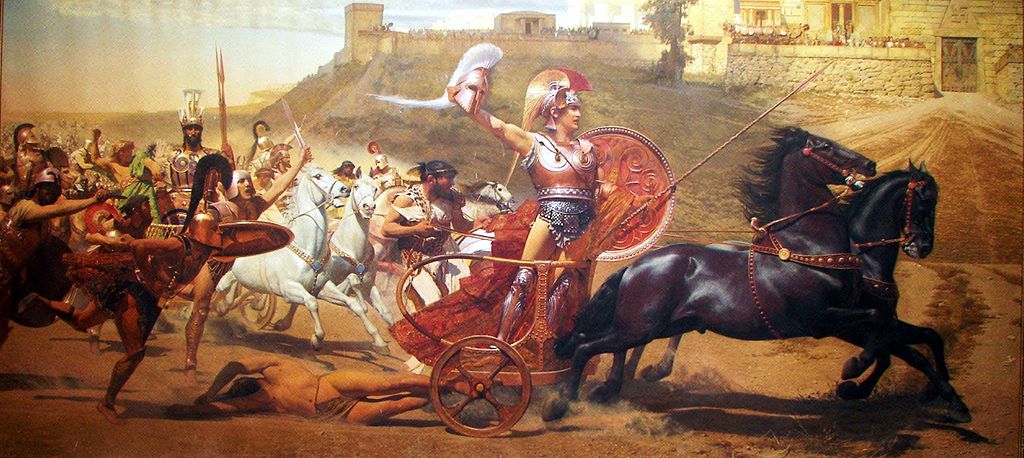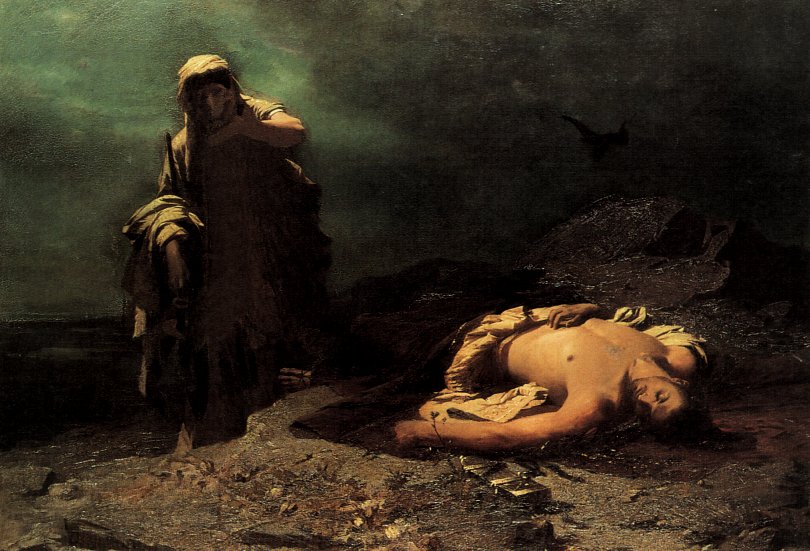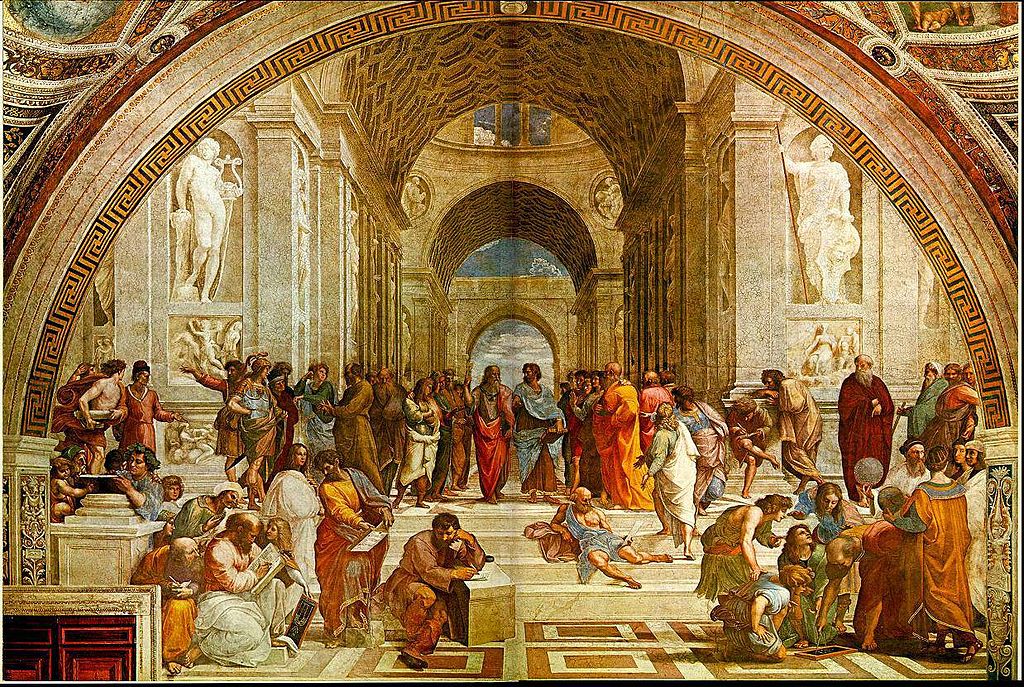
What’s Up With That?
About a week ago I went with Joyce to the grocery market, which I rarely do. I hate going to the market because it is so cold inside, plus I go bonkers when people are in the express lane with twice as many items as are supposedly allowed. We have plenty of food and staples at home. Since we both have been through a couple devastating earthquakes, we keep enough stuff at home to get us through at least a couple of weeks of isolation.
Joyce likes to buy fresh fruit and vegetables.
I had read about the panic buying, but was surprised how bare the shelves were after a couple of weeks of public shaming of the panic stricken people who swarm the stores. There was no bread, no canned goods, no cereal, no rice or beans. Not a problem for us. However a big problem for those who need these necessities.
Reflecting on this and the coronavirus, it should be obvious that larges segments of the population lack courage. I want to discuss courage in this post – what it is – and more importantly how we should think and act in this difficult time. If you are expecting I will tell you what to do, this isn’t a post for you. If you want to reflect on how you should live your life, you might find this of interest, or even valuable.
Courage in Western Thought
When we think about courage our first thoughts are usually about heroes. In our society soldiers, first responders, and health-givers come to mind. Courage has been a common thread in Western thought for thousands of years. The earliest works in Ancient Greece date back to the 8th century BC with The Iliad and The Odyssey, by Homer. The Iliad has many heroic characters, who exhibit courage. At the same time, they are human with human flaws, to include fear. The heroes face and overcome their fears in acts of courage. It is this courage that immortalizes them in Western literature and thought. Hopefully you read and studied these larger than life men in school: Hector and Achilles, Agamemnon and Menelaus, Ajax, Patroclus, and Diomedes. These heroes are portrayed as fearless.
There are other kinds of courage that also are threads woven through the fabric of Western literature, art, philosophy, and psychology. In the 5th century BC, Sophocles wrote about moral courage in the tragedy, Antigone.

Antigone has a moral dilemma – shall she obey the State (Creon) and leave her brother’s body to be eaten by birds and animals outside the city gates, or shall she obey the gods and bury her brother, thus risking her own life? If she does nothing, there is no bodily harm to her. If she obeys the gods, she probably dies. It is simple in that she has only two choices. For her, the right choice requires moral courage.

In the 4th century BC, the philosopher Plato wrote about what has become known as the four traditional principal virtues in Western thought that include Courage, Justice, Temperance, and Wisdom (or prudence). In the Republic, Plato compares these virtues in the individual and in the state. Like individuals, states can be courageous, just, temperate, and wise. But states are made up of individuals and cannot hold these virtues unless the majority of people have them.
Think about the last sentence. There is much condemnation of our state, local, and federal governments not acting responsibly before and during this pandemic – not being courageous, just, or wise. Few are pointing out that “We, the People” are the government and that reckless people are spreading the virus, while cowards are buying up and hoarding the goods everyone needs, and too many people are not prepared to stay at home with enough food and supplies to weather isolation. Let’s face it, “We, the People” lack personal responsibility for our own health and safety.
Aristotle, Plato’s student, wrote extensively in the 4th century BC about the nature of these principle virtues. We can look to Aristotle, who tells us that courage is a mean between two vices. That is, it is somewhere between recklessness and cowardice. In today’s environment, recklessness is gathering in large groups. Cowardice is panicking and filling up shopping carts with more goods than reason should tell us we require, thus putting other people at risk unnecessarily. This lack of personal responsibility is what we should examine as individuals.
What Should We Do?
Today we have a bodily threat – the coronavirus. We fear it, as we should. But we should face our fears with courage. Courageous people rise to challenge and overcome their fears to defeat the danger at hand. This kind of courage, unlike Antigone’s is not an either/or proposition. We should do something in the middle of two extremes. We should find a Golden Mean. And Courage is one of the principle virtues that define what it is to be truly human. This is part of the nebulous concept of personal responsibility that large numbers of people have failed to uphold in the current crisis.
Crises in societies are not simple, they are complex. Complex problems do not have single solutions. Personal responsibility (or courage in this case) will not resolve the pandemic. But without it, there may not be a solution.